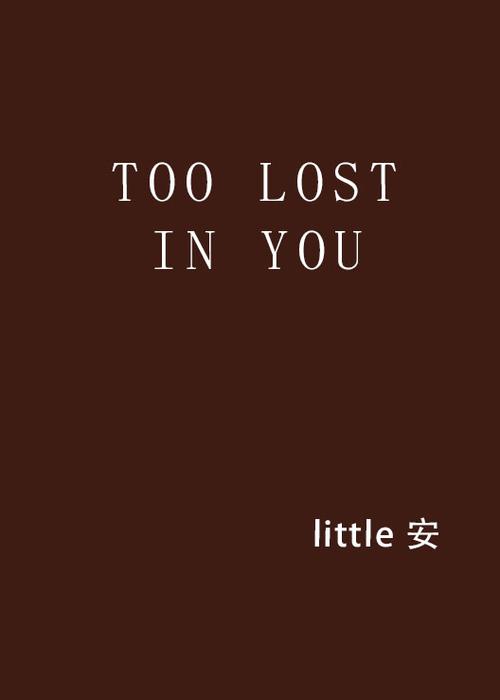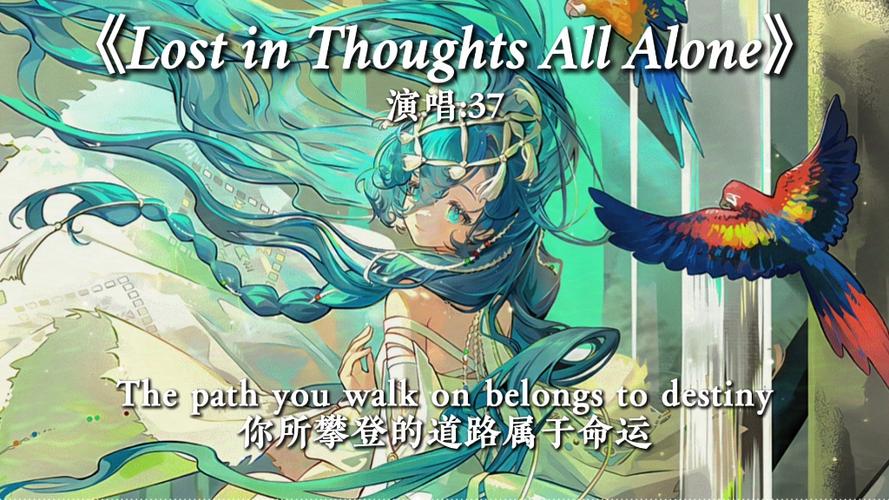Lost on You: A Comprehensive Guide
Have you ever felt like you’re lost on someone, unable to grasp their essence or understand their true nature? In this article, we delve into the complexities of human connections, exploring the various dimensions that contribute to this feeling of being lost on someone. From emotional intelligence to communication styles, we’ll uncover the layers that make up this intricate dance of understanding and misunderstanding.
Understanding Emotional Intelligence
Emotional intelligence, often referred to as EQ, plays a crucial role in forming deep and meaningful connections. It’s the ability to recognize, understand, and manage your own emotions, as well as the emotions of others. When you’re lost on someone, it might be due to a lack of emotional intelligence. Here’s a breakdown of the key components of emotional intelligence:

| Component | Description |
|---|---|
| Self-awareness | Understanding your own emotions and how they affect your behavior. |
| Self-regulation | Managing your emotions effectively, especially in challenging situations. |
| Empathy | Understanding and sharing the feelings of others. |
| Social skills | Building and maintaining relationships, as well as communicating effectively. |
Improving your emotional intelligence can help you better understand the person you’re trying to connect with, reducing the feeling of being lost on them.
Communication Styles
Communication is the cornerstone of any relationship. When you’re lost on someone, it might be due to a mismatch in communication styles. Here are some common communication styles and how they can affect your connection:
1. Verbal vs. Non-verbal Communication:
Some people are more comfortable expressing themselves through words, while others rely heavily on non-verbal cues like body language and facial expressions. If you’re someone who prefers verbal communication and your partner leans towards non-verbal cues, you might feel lost on them.

2. Direct vs. Indirect Communication:
Direct communicators tend to be straightforward and to the point, while indirect communicators prefer to use hints and subtle cues. If you’re a direct communicator and your partner is indirect, you might find yourself lost on their true intentions.
3. Active vs. Passive Communication:
Active communicators are engaged and responsive, while passive communicators tend to avoid confrontation and may not express their needs clearly. If you’re an active communicator and your partner is passive, you might feel lost on their feelings and desires.
Personal Values and Beliefs
Your personal values and beliefs shape your worldview and can greatly influence your relationships. When you’re lost on someone, it might be due to a fundamental difference in values and beliefs. Here are some key areas to consider:
1. Life Goals:
Do you and your partner share similar life goals? If your goals are vastly different, it can be challenging to connect on a deeper level.
2. Relationship Expectations:
Do you both have the same expectations for your relationship? If one person expects a monogamous relationship while the other is open to polyamory, it can lead to feelings of being lost on each other.
3. Moral and Ethical Beliefs:
Do you and your partner share similar moral and ethical beliefs? If you have conflicting views on important issues, it can create a sense of disconnection.
Overcoming the Feeling of Being Lost
Now that we’ve explored the various dimensions that contribute to feeling lost on someone, let’s discuss how to overcome this feeling:
1. Open Communication:
Engage in open and honest conversations with the person you’re trying to connect with. Share your feelings, listen actively, and work together to find common ground.
2. Emotional Intelligence:
Invest in your emotional intelligence by reading books, attending workshops, or seeking professional help. This will help you better understand and manage your emotions




